New Zealand stated in February of last year that all schools will have free access to sanitary products in order to eliminate period poverty. While Scotland was the first country to provide free period supplies to its women. In India, many states are gradually allowing unrestricted access to period products. Nevertheless, lack of access to menstruation products has long been a source of worry around the world. However, discussions about menstruation frequently disregard the intersectionality of class, caste, and gender in this regard. Taboos and a lack of understanding about menstruation legitimise shame and propagate stigma. The Covid-19 pandemic has extended this gap even more globally, leaving many people particularly exposed to period poverty.
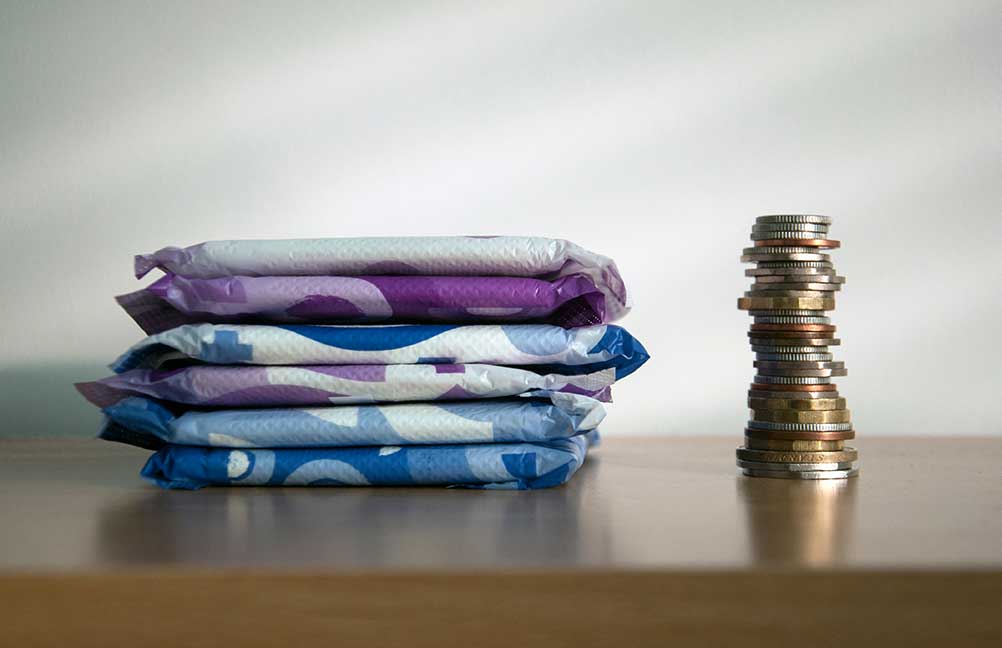
What Is Period Poverty?
As a result of economic vulnerability, lack of understanding, and inadequate hygienic standards, many menstruators struggle to buy menstrual supplies. The vast majority of individuals in rural India still use harmful materials like rags, hay, sand, and ash as menstruation substitutes, even though safer but more expensive menstrual products are available. As a result, they are more susceptible to UTIs and other illnesses.
Inadequate access to menstruation products and hygiene education has been a major impediment to achieving menstrual equity. Menstruation has become not just a health worry, but also an expensive affair for most people as a result of this.
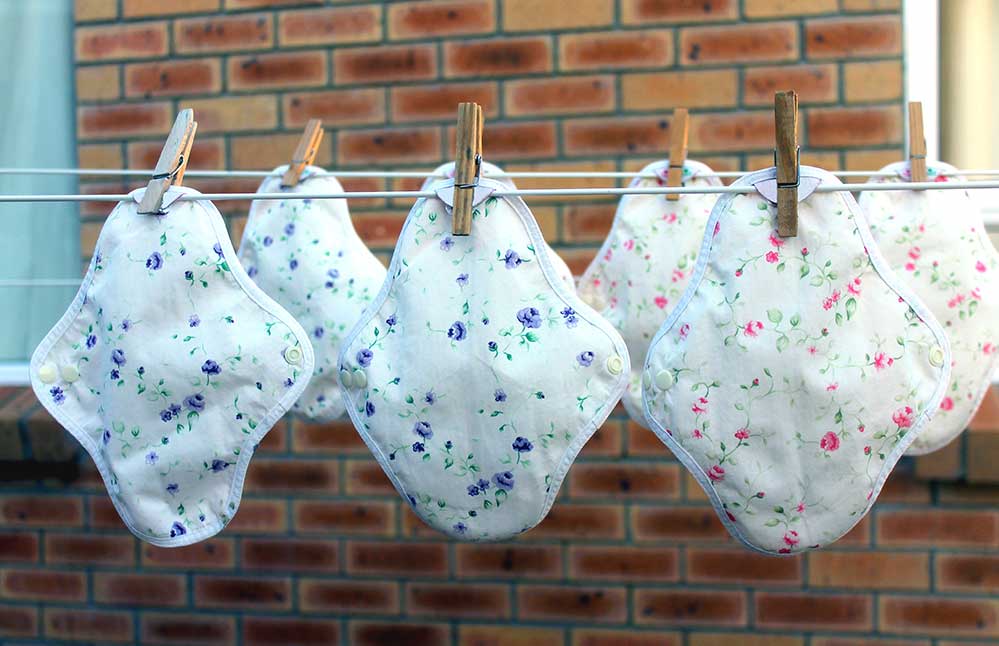
Causes Of Period Poverty
Period poverty, especially in India, has grown for a variety of reasons, including expensive sanitary product pricing, a lack of understanding about their use, and the normalisation of silence around menstruation and accompanying cultural ignorance as a "women's problem." Period poverty has three causes: a lack of understanding, acceptance, and access.
The taboos, stigmas, and prejudices surrounding menstruation are one of the first and most major causes of period poverty. Every discourse about menstruation is hushed, and the issue's quiet has become so normalised that individuals feel ashamed if they don't do so. This, in turn, exacerbates the problems that already exist.
The second—and as crucial—factor is the abject lack of hygiene. Menstrual hygiene is non-existent for many women in rural India. Water scarcity, a lack of menstrual supplies, and a lack of decent restrooms make things difficult. According to official data, 15000 of the country's 10.83 lakh government schools lack restrooms. This conspicuous lack of sanitation facilities exacerbates the problem for so many teenage menstruators.
This leads us to the next concern, which is a lack of education and awareness about menstruation. According to a survey, 71 per cent of Indian girls had no understanding of menstruation before their first period. This lack of preparation causes shock, dread, irritation, and anxiety as a result of the scenario. As a result, many students drop out of school.
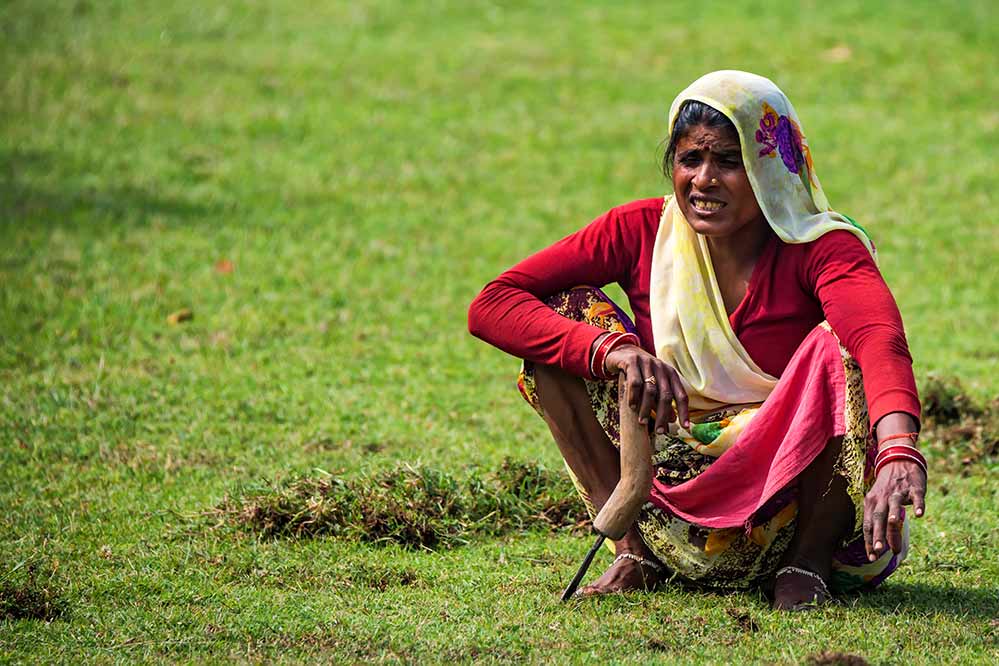
Effects Of Period Poverty
1. Mental Health And Well-being
People can become irritated, distressed, and uncomfortable if they are unable to control their period using the proper menstruation products. According to research, not having access to these products can harm one's mental health.
It is crucial to highlight, however, that having a low income is linked to an increased incidence of depression in populations with large income disparity. This group includes many people who are living in poverty for some time. As a result, while it is likely that people who do not have access to menstruation products have greater rates of depression, it is not reasonable to establish that period poverty causes depression.
2. Health And Hygiene
People without access to menstrual products have reported utilising rags, toilet paper, and children's diapers, according to reports. Some folks have also used their menstruation products for longer than they should have.
Individuals who use these alternative products are more likely to get urogenital infections, which are infections of the urine and genital systems. Urinary tract infections and bacterial vaginosis are examples of these infections.
It's also risky to use items for longer than they're supposed to be used. Toxic shock syndrome, an uncommon but serious infection, can be increased by leaving a tampon in for too long.
3. Work
People facing period poverty for a long time may be unable to work, which has serious financial consequences for them and their families.
4. Education
Menstruating women may have a terrible school or college experience if they are uncomfortable, distracted, or unable to engage because of menstruation leakage and odour.
This encounter may have long-term ramifications. Poor attendance has an impact on a person's economic potential, self-esteem, health consequences, and sense of control in the future.
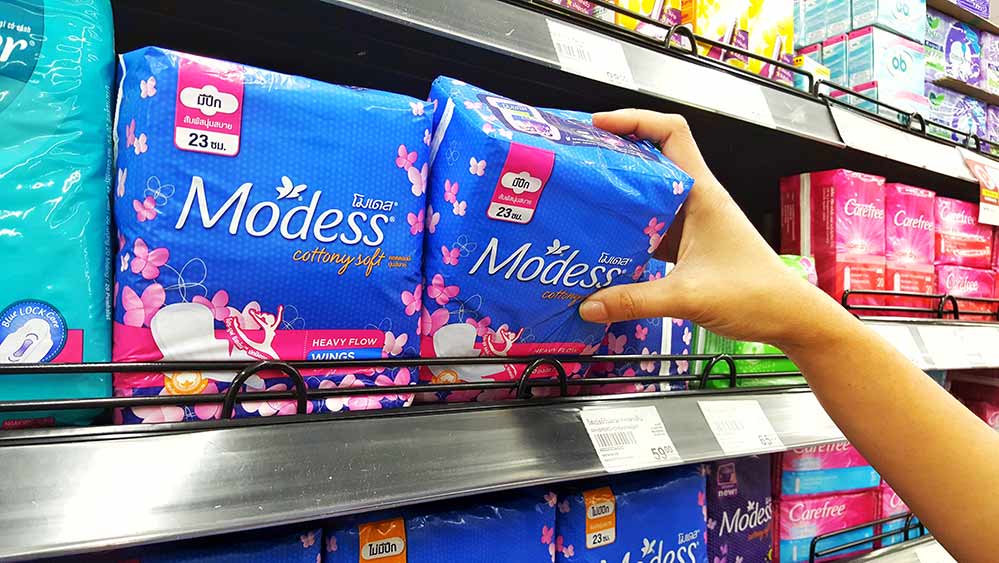
Menstrual Products And Availability
While some people have the luxury of choosing between menstrual cups, tampons, and pads daily, the majority of people in India do not have the means or the luxury of doing so. Pads, the most widely accessible sanitary product, are out of reach for most menstruators. Tampons and menstruation cups, for example, are widely available in metropolitan areas.
Period Poverty And Menstruation Stigma
Period poverty has a stigma attached to it. Even though period poverty is a global public health concern, the stigma associated with menstruation means that it is largely ignored.
Many cultures consider menstruation to be impure and something that should be avoided. Activists seek to draw attention to the fact that menstruation is a natural, normal and healthy process.
People avoid discussing their periods because of the embarrassment connected with them. As a result, there is a paucity of discussion about menstrual products, their taxation, and even the substances they contain.
The experience of menstruating as a trans person is also stigmatised.
Many media continue to portray menstruation as a female-only event, yet this is not the case. Menstruation occurs in many persons who are not women, and not all women menstruate. To recognise all people who menstruate, it is critical to be aware of the appropriate words to use while discussing period poverty.
Because it is widely assumed that only women get periods, trans persons face additional difficulties. For example, students may discover that only insertion-based items are available in public facilities, that there are no disposal receptacles in bathroom stalls, and that free menstruation products are not offered through school.
To enhance menstrual experiences for everyone, it's critical to communicate honestly—and inclusively—about period poverty.
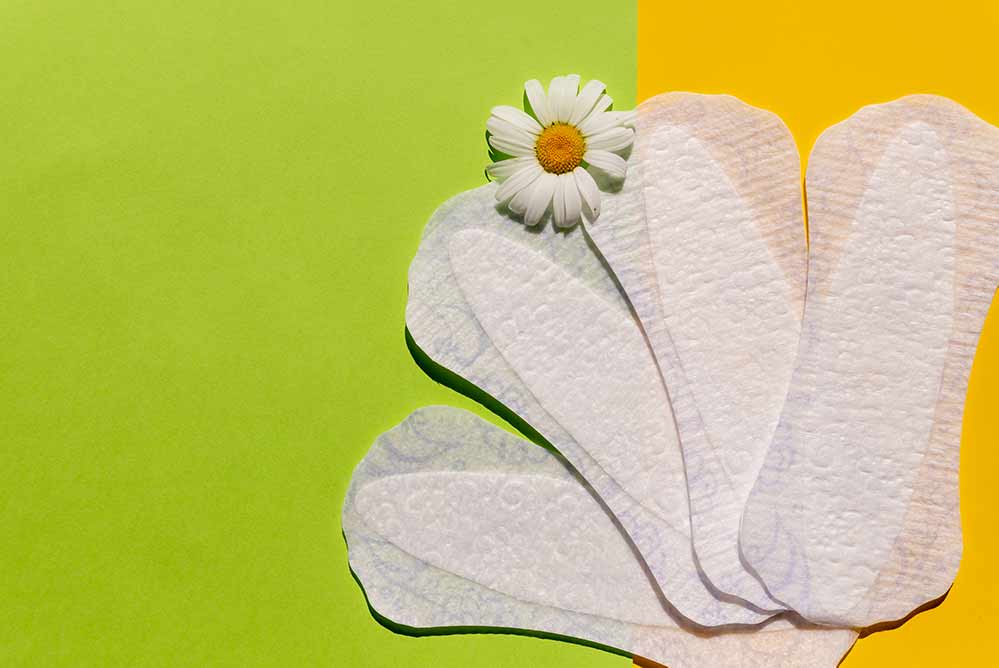
How To Combat Period Poverty
Period poverty is a global public health concern that needs to be addressed urgently. People can fight period poverty in a variety of methods, like:
Menstruators require their governments to support them in providing enough infrastructure and access to inexpensive menstruation products.
Increased knowledge sharing and education: Knowledge sharing between organisations, communities, and schools can involve menstruators in the dialogue and provide education without shame.
Businesses can help to de-stigmatise menstruation by providing information and access to facilities and goods, as well as incorporating period management into company policy.
Evidence-based charitable programmes: can educate menstruators, provide essential supplies, and provide support to individuals and communities.
More research is needed to better understand the effects of period poverty and how to combat it.
Laws: Protective legislation can ensure that suitable facilities and menstrual hygiene supplies are available at a reasonable cost. Governments can also lower the cost of menstruation products by lowering taxes.
In Conclusion
Menstruation poverty is defined as a lack of access to menstrual products, cleanliness, and adequate education. An estimated 500 million individuals are affected by this global problem.
Those who are living in poverty for an extended period may face mental health issues as well as physical health hazards. They may also be absent from school or job, as well as have low self-esteem. People are hesitant to openly discuss periods because of the stigma attached to them, which is exacerbated for transgender people who menstruate.
National campaigning, humanitarian organisations, legislative reforms, increased education and access, and more research can all help to reduce period poverty.